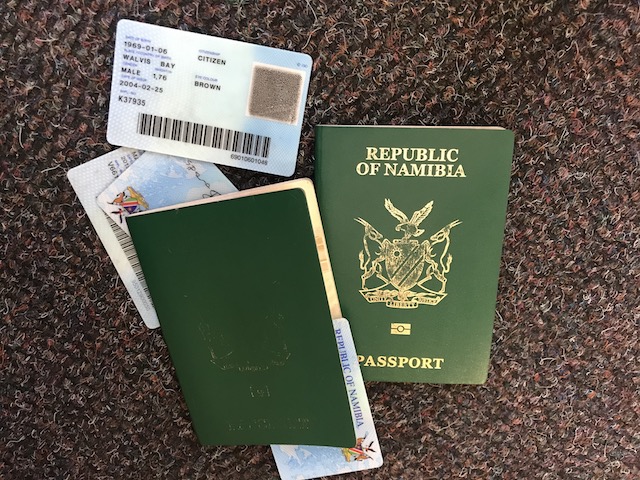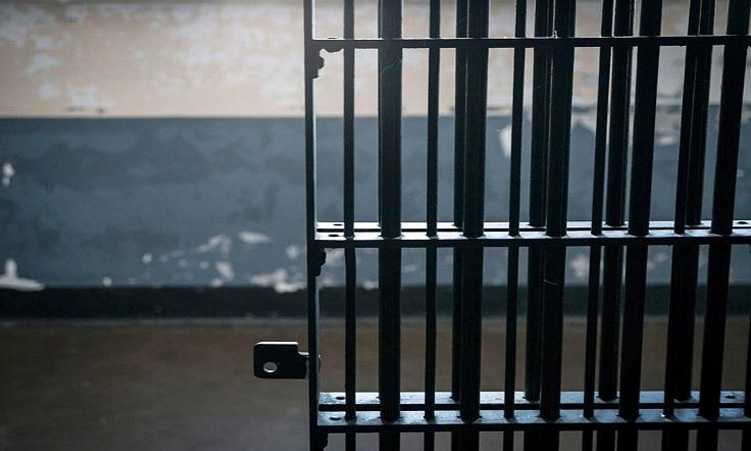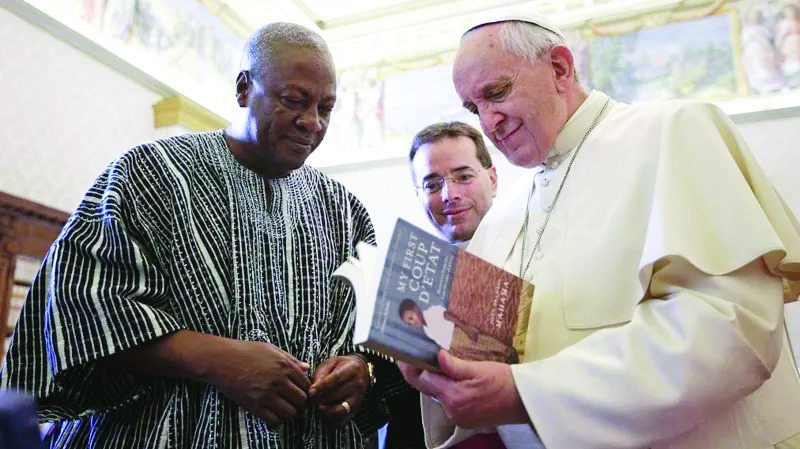Documentary evidence play a pivotal role in solving issues – whether in criminal or civil proceedings, or just in public and private administration.
A document serves as evidence to prove something, or certain material facts.
It’s a crucial aspect that can describe specific circumstances relating to an event or person.
Documentary evidence varies, such as that a birth, marriage or death of someone took place at a specific place on a specific day.
Documentary evidence proves that a person is certified to be competent or qualified to perform a specific task or that they have the skills by virtue of a qualification received, or that they have entered into a specific contractual agreement.
However, despite an original document available to prove something, the original document cannot be surrendered to anyone or any institution of interest in its original form.
This must rather be reproduced by means of a photocopying or scanning device.
The law has come to the rescue of an individual who happens to be in possession of an original document in that a certified copy would serve a similar purpose as the original document.
The law provides for certification of a copy of the original document by specific officials appointed by the by the minster responsible for justice to assure recipients of such copies that they are true copies of the original.
These officials are responsible for certifying copies of original documents and are called justices of the peace appointed as such in terms of the Justice of the Peace and Commissioners of Oaths Act 16 of 1963.
These officials include any magistrate, justice, police officers, correctional service officials and any person who by virtue of their office falls within any category defined in the Government Gazette within the area specified appointed as such in terms of section 334 of the Criminal Procedure Act 51 of 1977.
The minister responsible for justice appoints such officials and issues them with a certificate of appointment as commissioner of oaths or by virtue of the offices they hold as ex officio.
These officials are duty-bound to ensure every copy they are called upon to certify is a true copy of the original document presented to them.
If anyone made a false sworn statement, knowing it to be false before a justice of the peace or commissioner of oaths, they are liable for penalties in terms of the offence of perjury.
In the premises there is a misconception around who is authorised to certify a copy of an original document, or who can administer an oath or affirmation to a person.
The public believes only Namibian Police officers are authorised to do so, despite the law categorising certain officials appointed by the minister responsible for justice as commissioner of oaths empowered to perform such functions.
In rural areas people travel long distances to police stations to have copies of documents certified, while there may be commissioners of oaths in their area.
Another misconception is around the duration of the validity of certified copies original documents.
This involves both public and private institutions making their own rules, saying a certified copy of an original document is valid for three, six or 12 months.
The truth is that a certified copy of an original document does not expire.
Lucas Tshuuya
Stay informed with The Namibian – your source for credible journalism. Get in-depth reporting and opinions for
only N$85 a month. Invest in journalism, invest in democracy –
Subscribe Now!






